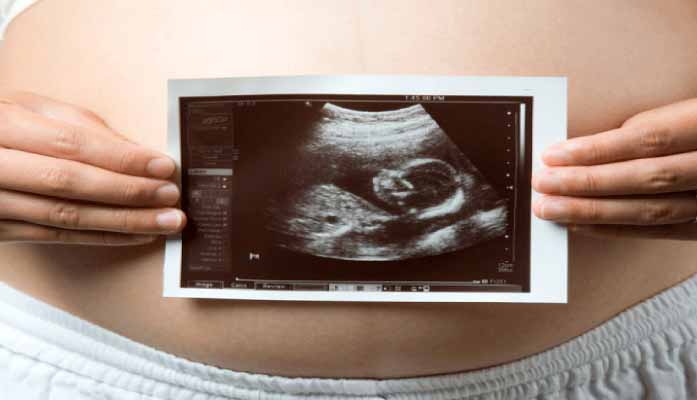
Arizonans Deserve Better Than Legislators Trying To Triple Their Own Compensation
By Diane Douglas, Arizona Superintendent of Public Instruction 2015-2018 |
In the words of the famed NY Yankee catcher, Yogi Berra, “it’s like déjà vu all over again!”
In 2019, during the very last, wee hours of the legislative session the legislators passed SB1558 attempting to TRIPLE their per diem compensation.
This year’s attempt, by virtue of an eleventh hour “strike everything” amendment to HB2053, is to give themselves a very significant increase in their per diem because a salary increase must be passed by the voters. It’s probably safe to assume that such shenanigans would have been attempted last year as well had the session not been prematurely preempted thanks to the Covid “crisis.”
This session the legislators propose to increase Maricopa County legislators per diem from $35 to $56 for meals each day of the session. Legislators outside Maricopa County per diem increases from $60 to $207 – $56 for meals and $151 for lodging for every day in session.
Legislators are paid a salary of $24,000. This may not seem like a lot however consider that this is for a 100 day session (which includes in that count Saturdays, Sundays and Fridays when committee meetings or floor sessions are virtually never conducted and most have already left for home). Prorate that 100 days to the 260 days full time Arizonans work it equates to $62,400 per annum. Not bad, especially when considering that for many the legislature is a second job. Many of them have another career or are collecting at least one if not more, oft times government, retirements or own very successful businesses or charter schools for which they write the laws or all of the above.
But I digress, back to the per diem.
If nothing else, legislators should treat themselves by the same rules and standards which they impose on state employees.
But wait, state employees are not entitled to meal allowances unless they are traveling on state business and then, if I’m not mistaken, must be outside a 50 miles radius to qualify for meal or travel allowances. They are not given a meal allowance to buy their daily lunch at their assigned work site (nor are they frequently, if ever, the guests of lobbyists) so neither should Maricopa legislators.
For those legislators outside Maricopa County, in addition to the meal allowance, they will all receive the same travel per diem, $151, regardless of how close or far they are from the Capitol. Whether they travel the 190 or so miles from Kingman in Mohave County or Sierra Vista in Cochise County and stay in Phoenix Monday through Thursday; or travel the 40 miles home nightly to Apache Junction in Pinal County or Black Canyon City in Yavapai County the per diem is the same.
A benefit, by the way, that is not provided to a Maricopa County legislator should he/she live in Gila Bend almost 70 miles from the Capitol. In my opinion the same 50 mile radius that applies to state employees should likewise apply to legislators regardless of their county of residence.
Finally, the per diem will be tied to the annual federal per diem rate for Maricopa County as determined by the United States General Services Administration and adjusted annually without future legislative action.
But let’s put all that aside. The real issue not just the “how much” – some will argue too much, others not enough. It is the “how” that matters most.
In 2019 it was a bill slammed through at the last moments before the legislators voted to Sine Die at 12:58am. This session it is done through a “strike everything” amendment to HB2053. If that were not bad enough, allegedly part of the “deal”, to get Maricopa legislators to support this strike everything amendment, is to raise the Maricopa legislators’ lunch money as well. 30 pieces of silver this Easter Week, well, okay 21.
HB2053 originally entitled “superior court clerk; salary”, now titled “salary; superior court clerk” but nothing to indicate the true legislative intent of the amendment. – giving themselves an extra $2,100 for those in Maricopa and $14,700 for those outside.
(I’ve written about this legislative game of strike-all shenanigans in the past here.)
Legislators’ salary increases are supposed to be referred to the voters for approval however their “per diem” is defined in statute which takes no more than a majority and signature to increase. Effectively giving themselves what the voters will not – increased compensation.
If per diem is really just a backdoor way for legislators to do an end run around the taxpayers and give themselves a substantial increase in their compensation that the voters have not or are not otherwise willing to approve then, at the very least, legislators should be transparent and honest about it. Drop an appropriately titled bill at the beginning of the session. Do not do it through late night bills on the way out the door or late session “strike everything” amendments.
Especially after a year when untold numbers of Arizonans have lost their jobs and countless small business have had to close their doors Arizonans deserve better from their elected officials than the same old games. Deja vu Yogi, deja vu.





